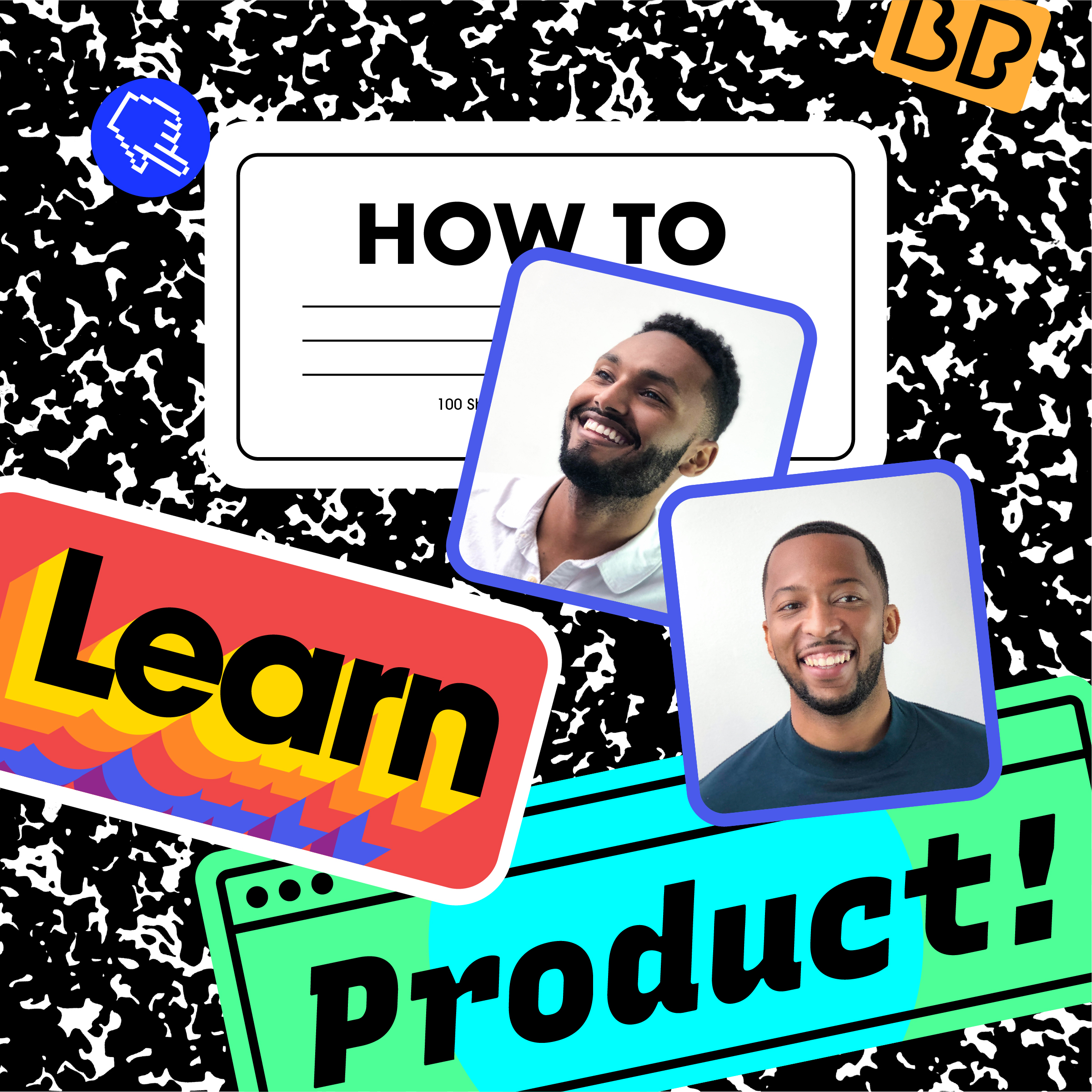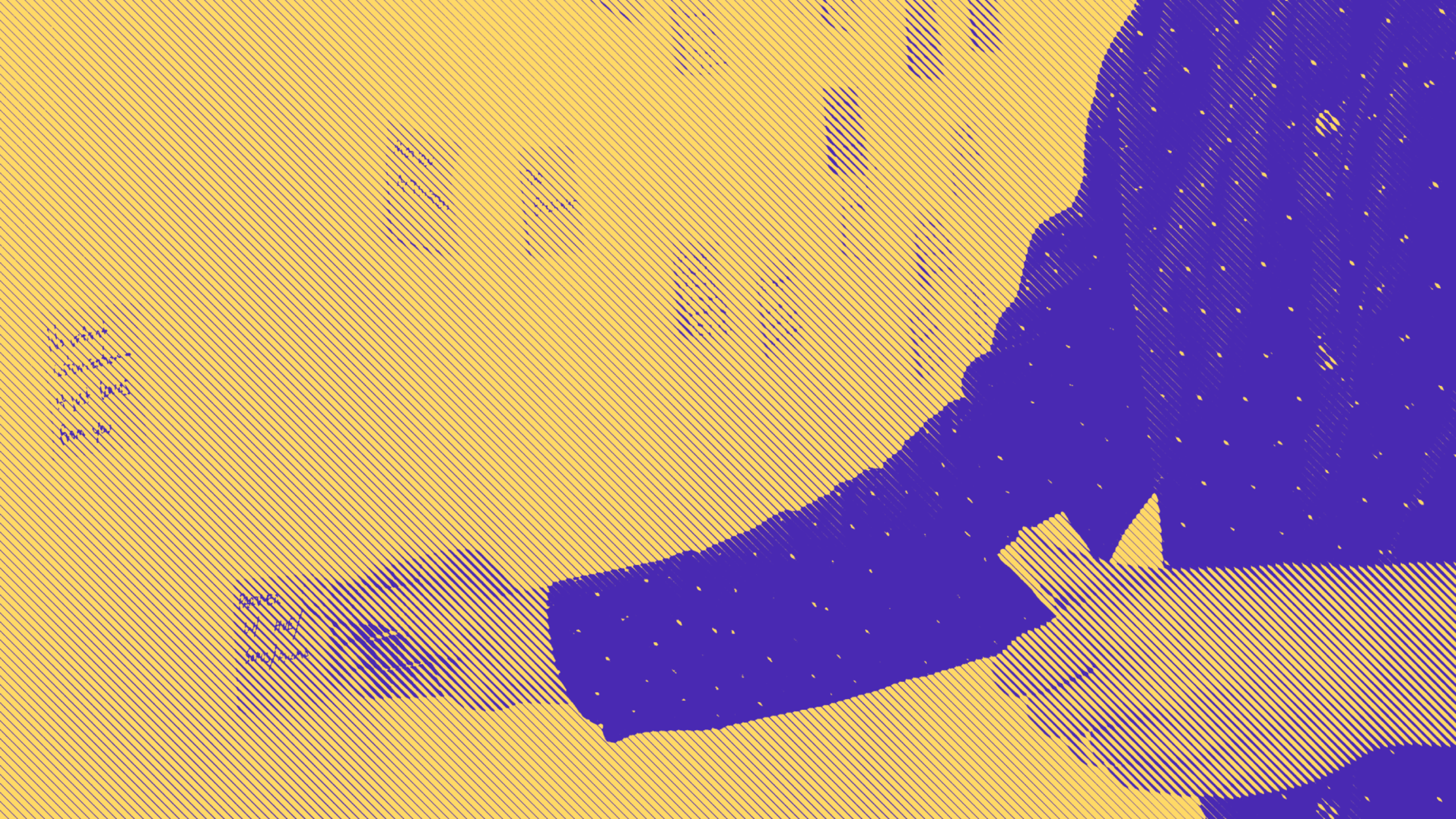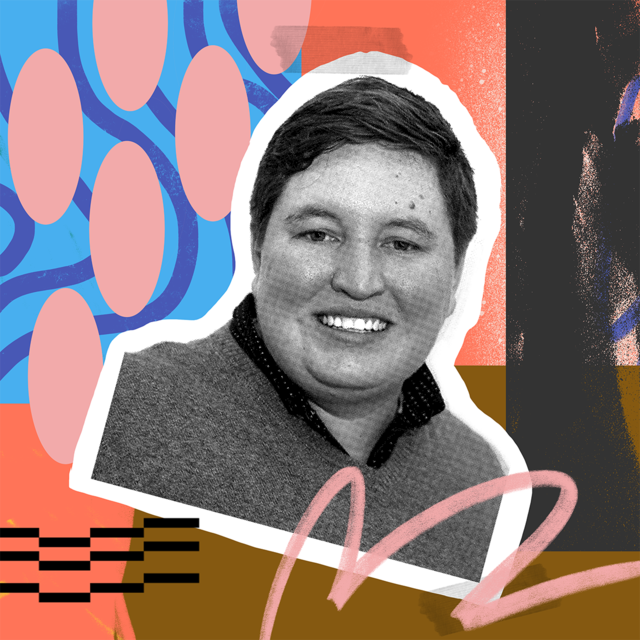
How To Learn Product: What Makes A Successful Product Manager with Cameron Curry and Yonas Dinkneh

It’s week three of our How to Learn Product series. This episode features Cameron Curry and Yonas Dinkneh, Product Managers at Parlor.io, a feedback management system that serves the missing link between product and customer teams.
In our conversation, they share their perspective on what makes a successful PM, mistakes that can be avoided, and how a passion for this role translates into a long term career. They share some unique perspectives because they get to talk to plenty of product managers on their podcast, Without a Roadmap. Listen in to hear Cam and Yonas talk about how they learn product.
And as always, if you’re looking to connect with other product managers or product professionals in all stages, join the community at betterproduct.community.



